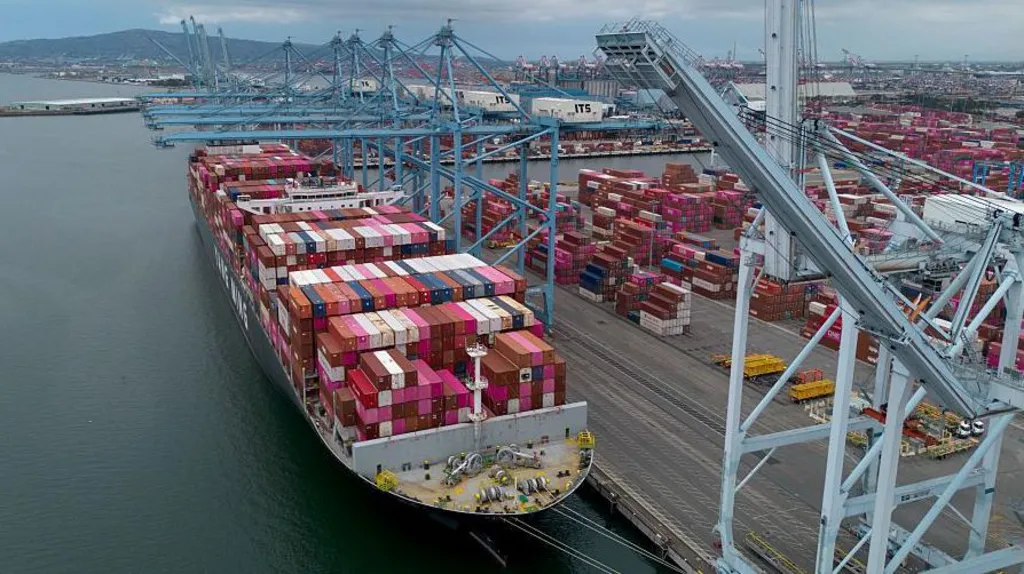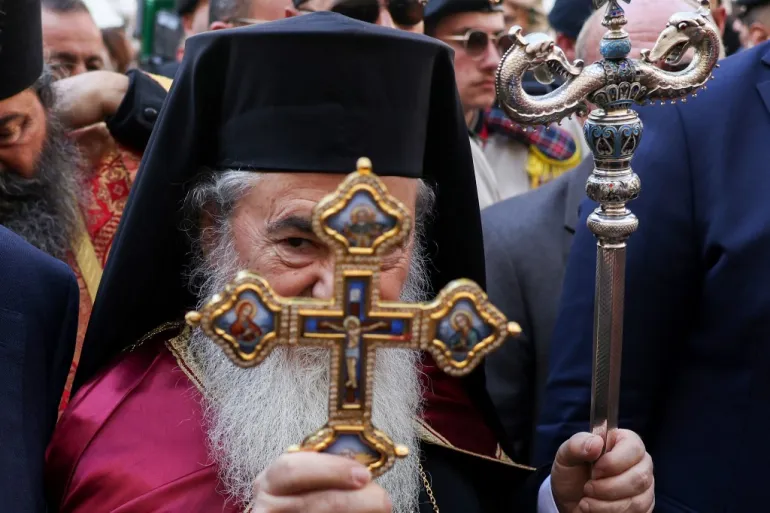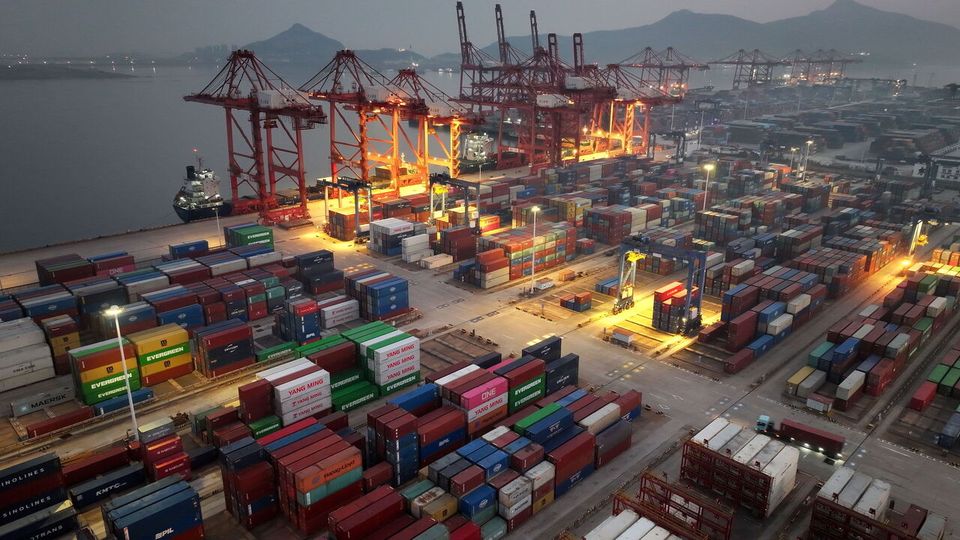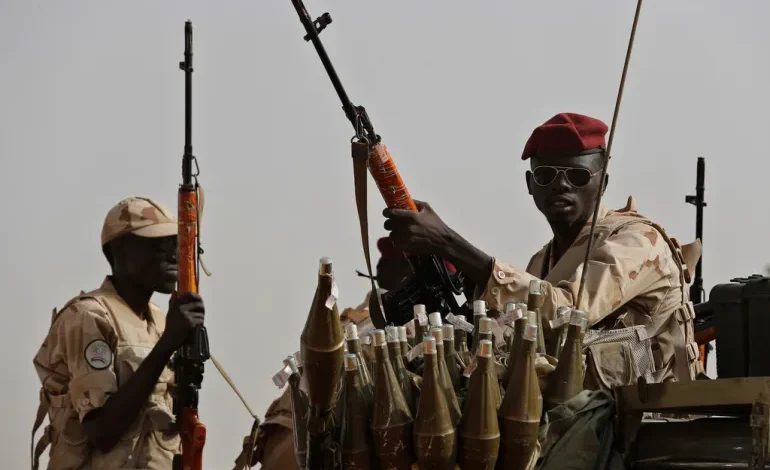Sudan’s paramilitary Rapid Support Forces (RSF), facing accusations of crimes against humanity during its ongoing conflict with the Sudanese army, has signed a charter with allied political and armed groups to establish a “government of peace and unity,” Al Jazeera reports.
The signing ceremony took place behind closed doors in Nairobi, Kenya, though the exact timing remains unclear.
The announcement comes as the Sudanese Armed Forces (SAF) have been making advances against the RSF in Khartoum and other regions. The charter’s legitimacy and likelihood of widespread recognition from international actors are uncertain.
The RSF has also been accused of ethnic cleansing and even genocide by international human rights organizations and countries, including the United States.
Analysts suggest that the charter signals a deepening fragmentation of Sudan, with the RSF increasingly focusing on the Darfur region as it loses ground elsewhere.
According to the charter’s text, the signatories have agreed on a vision for Sudan as a “secular, democratic, non-centralised state” with a unified national army, while maintaining the right of existing armed groups to continue their operations. The RSF-led coalition claims that the establishment of this government is aimed at unifying the country and ending the ongoing conflict, a task it accuses the army-aligned government in Port Sudan of failing to achieve.
Signatories to the charter include Abdelaziz al-Hilu, a prominent rebel leader from the Sudan People’s Liberation Movement-North (SPLM-N), who controls significant territory in South Kordofan state and advocates for secularism. Abdel Rahim Dagalo, deputy and brother of RSF commander Mohamed Hamdan ‘Hemedti’ Dagalo, also signed the document.
Al-Hadi Idris, a former official and head of an armed group, stated that the government’s formation would be announced within Sudan in the coming days.
The army-aligned government has stated that it will not recognize the parallel government established by the rebel groups.
The charter’s signing coincides with claims from the Sudanese army that it has regained control of the city of el-Gitaina after destroying RSF units and opening the road to el-Obeid.
The conflict between the RSF and the SAF has had a devastating impact on Sudan, creating an “unprecedented” humanitarian crisis, pushing half of the population into hunger, and causing famine in multiple areas, according to aid organizations.
The UN estimates that the conflict has resulted in over 20,000 deaths and displaced more than 14 million people, with an estimated 3.2 million Sudanese fleeing to neighboring countries.
The two sides, who previously forced out civilian politicians in a 2021 coup, have been engaged in a power struggle that has plunged the nation into a brutal civil war.










The latest news in your social feeds
Subscribe to our social media platforms to stay tuned